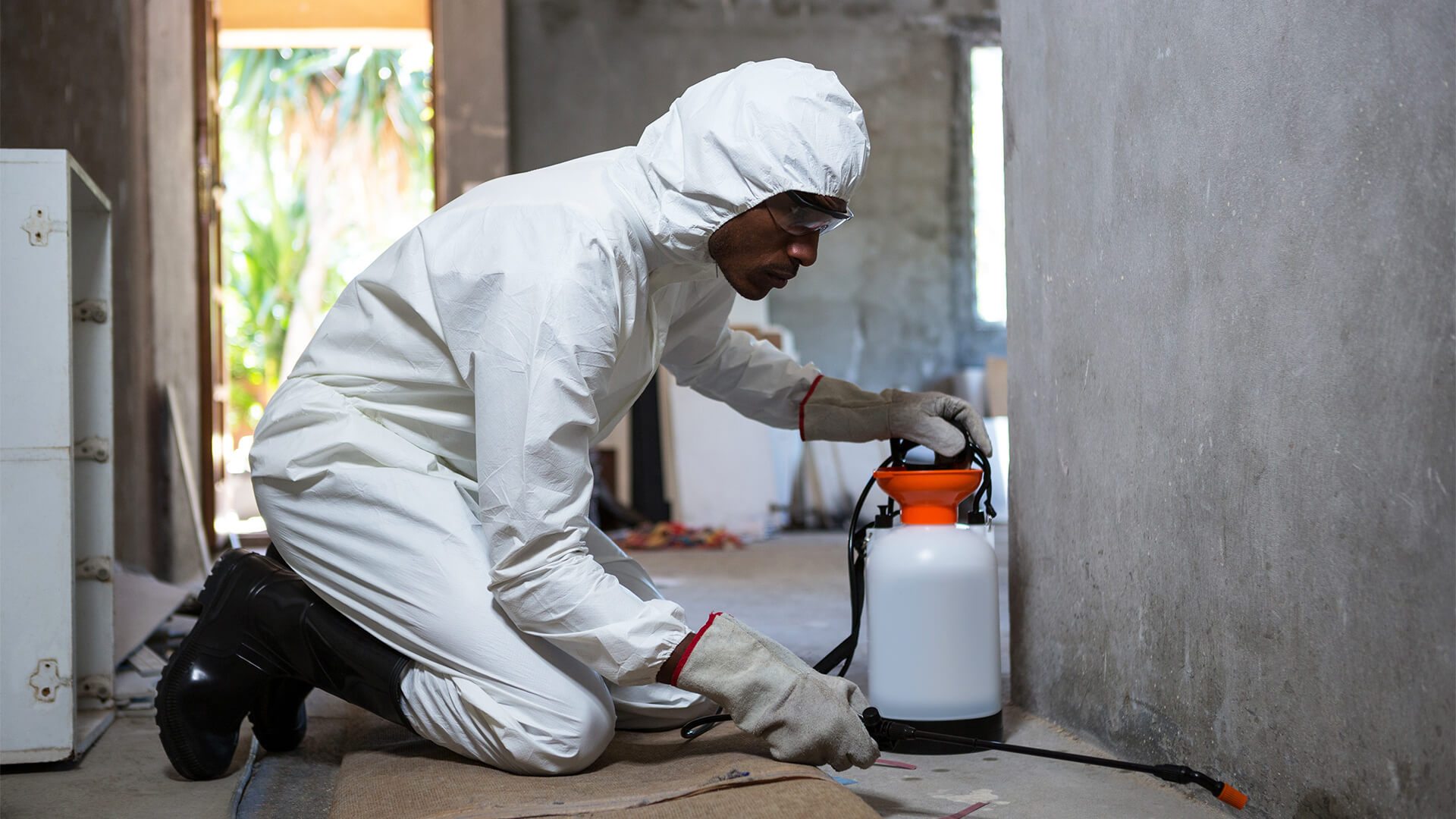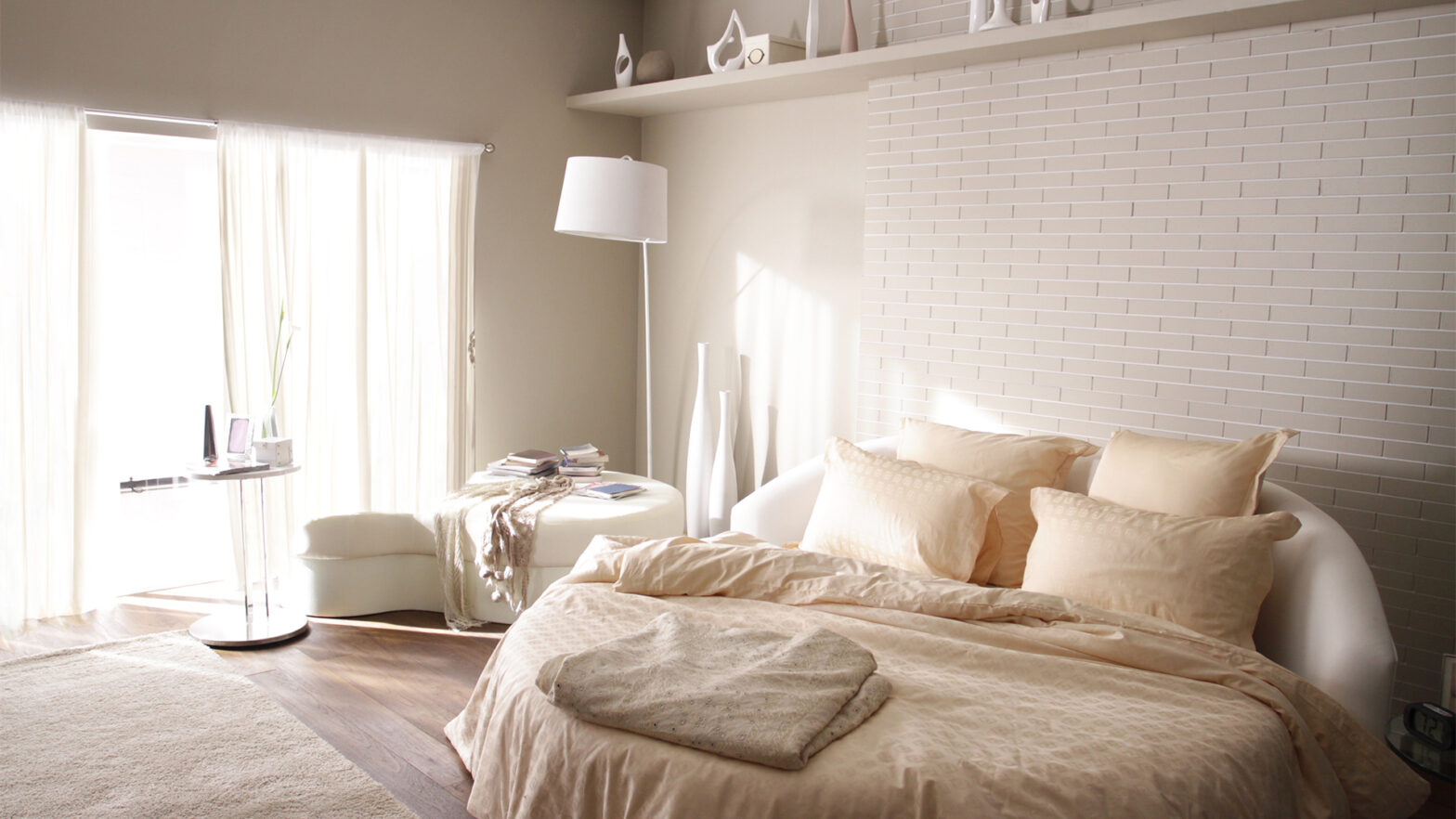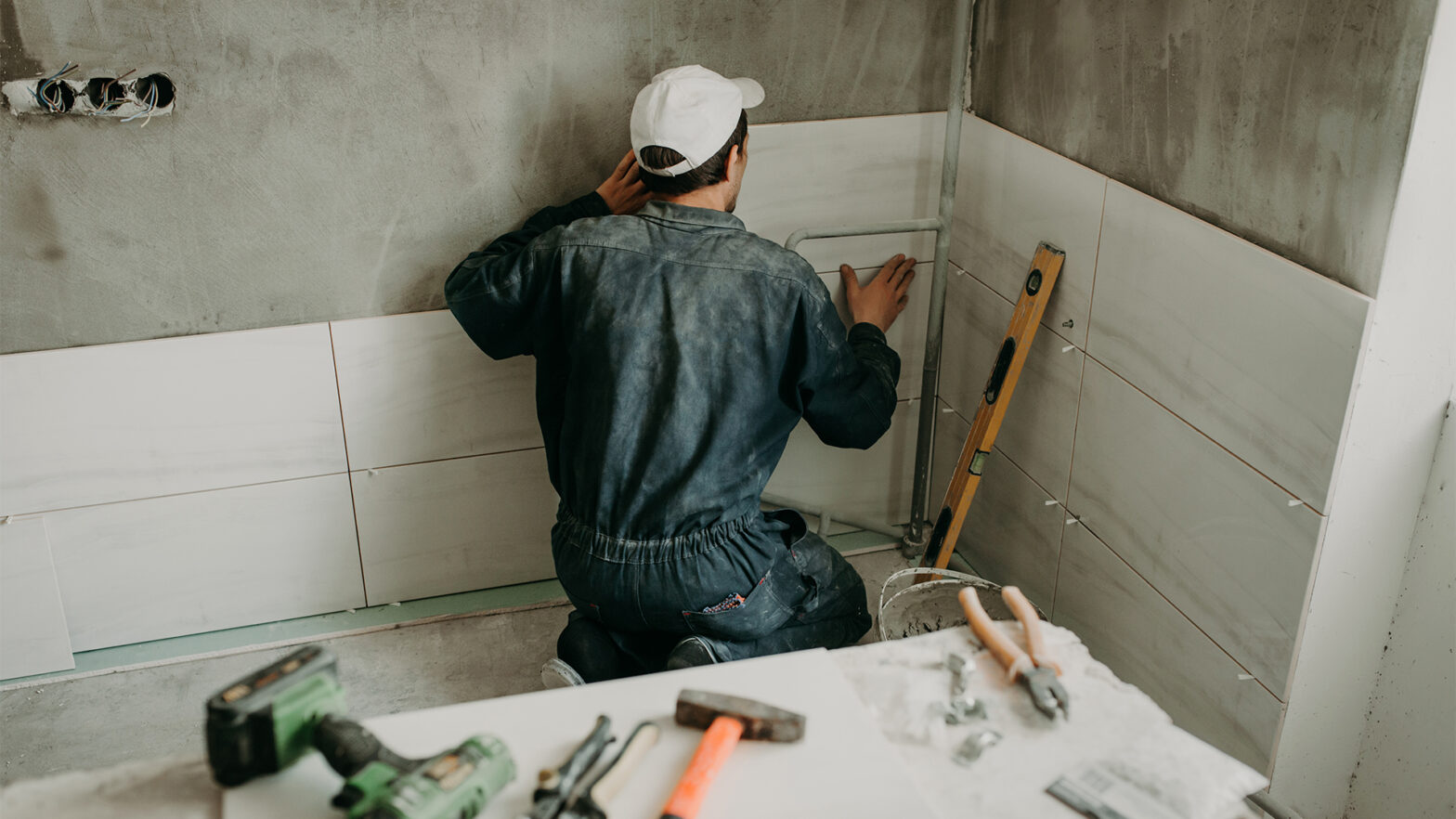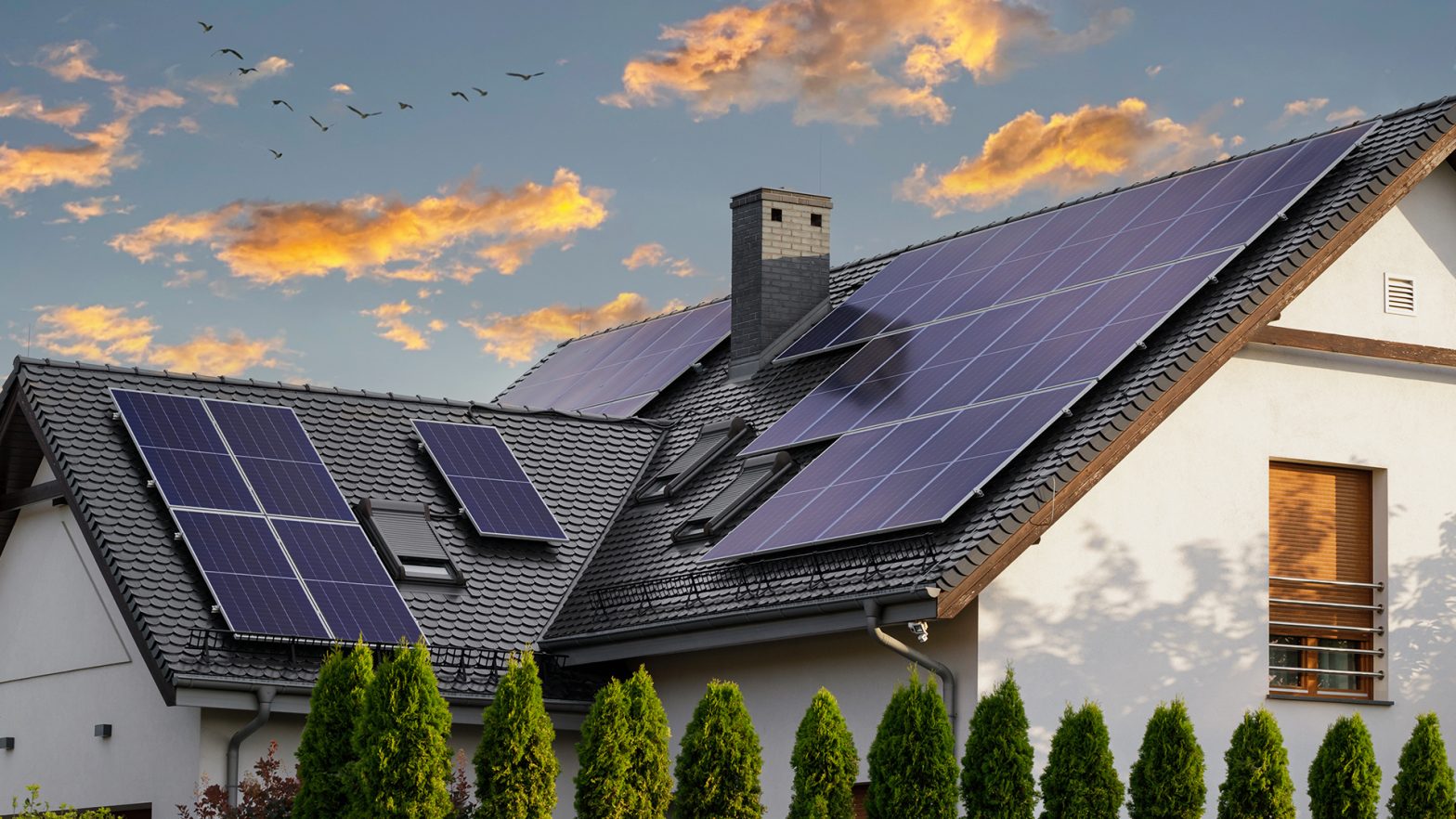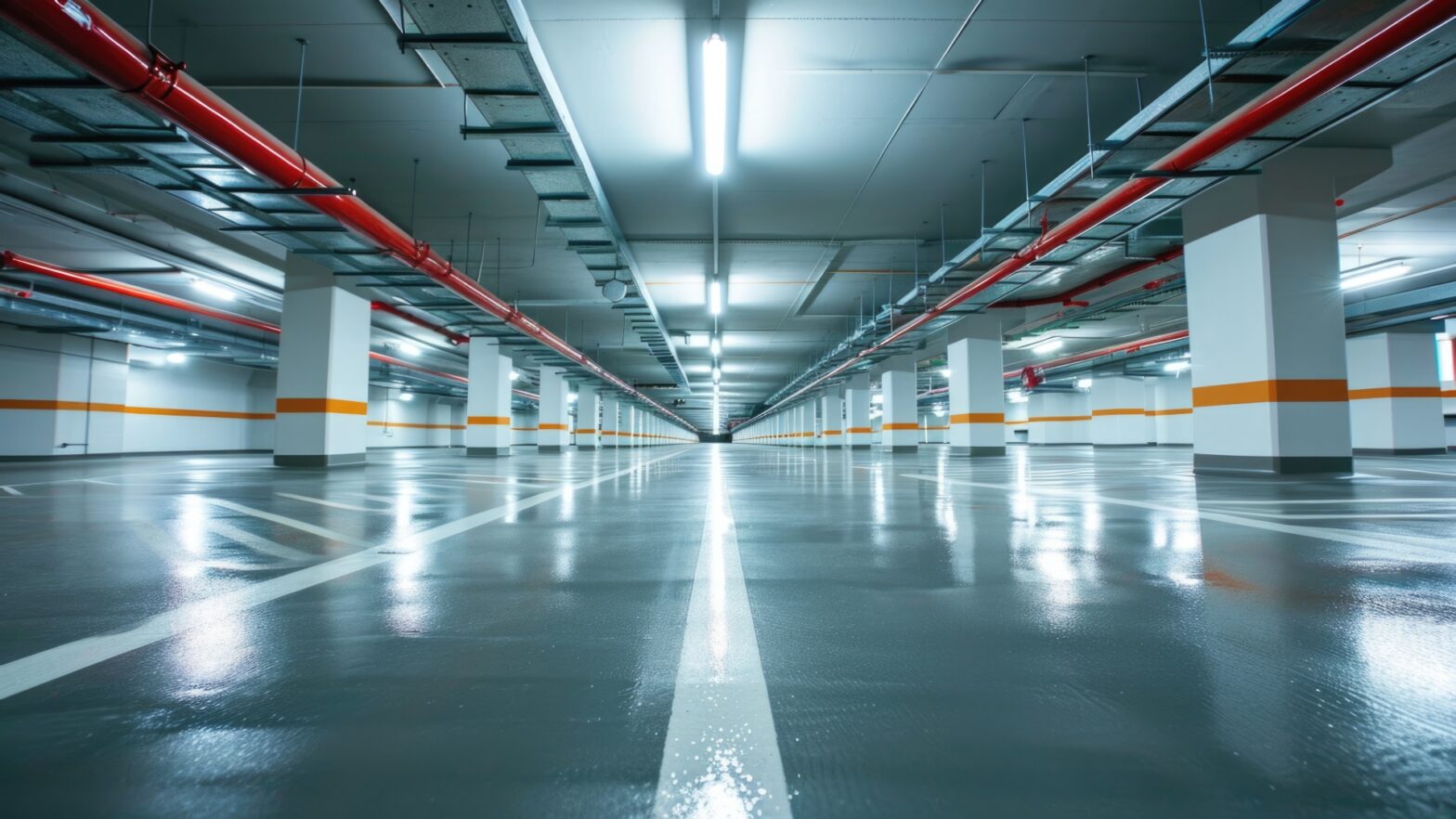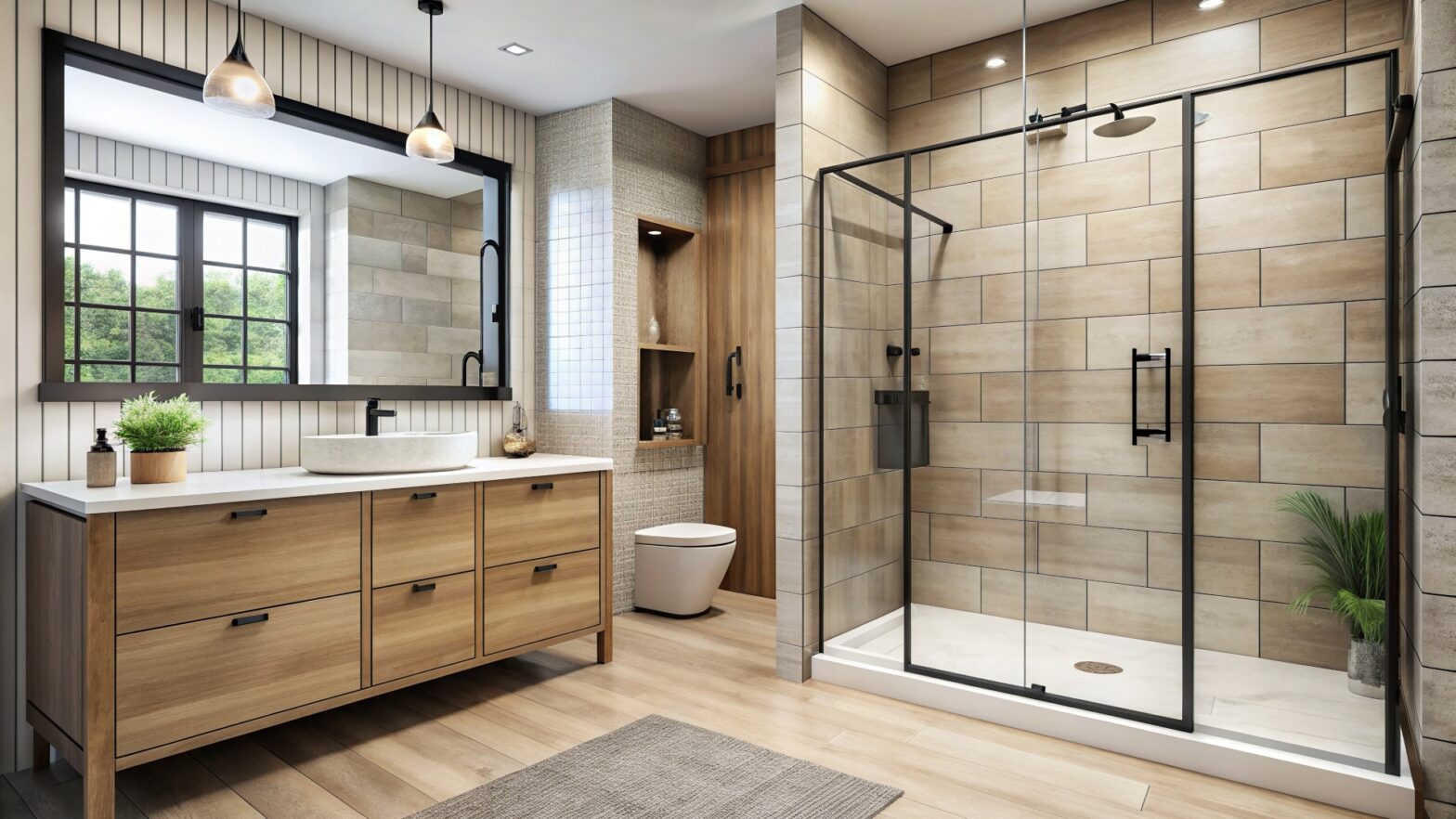The National Pest Management Association (NPMA) has stated that in the U.S., termites cause over USD$5 billion in property damage annually. They feed on everything from support beams to ceiling joists to metal sidings, so they’re the worst nightmare of construction crews.
For one, their presence prolongs the construction process. Damage done by termites may also lead to unexpected accidents. That’s why pest control is an essential aspect of construction.
Unfortunately, wood is among the reasons for the appearance of such pests. Considering the abundance of timber on construction sites, you can expect to find signs of termites in the area. Other types of pests may inhabit the building during construction. Hence, it’s crucial to perform pest control during the process. Here are a few tips to get you started:
1. Set Traps In the Vicinity
Pests such as rodents often live in burrows and trees around the building. During construction, there’s a chance that the operation would disrupt their habitats, forcing them to relocate to a different area on the construction site. They’re also likely to move into the houses in the neighborhood. So during construction, it’s advisable to set up traps in the vicinity to ensure that pests can’t move in or out.
Of course, the placement of the traps must be perfect. Otherwise, pests would find a way to relocate without stumbling upon them. After all, these little critters are persistent.
On that note, it might be best to find someone to place traps in a way that would completely eliminate the possibility of relocation. Consider hiring pest control professionals to accomplish the task. You can request that service from the likes of Cleargate Pest and similar agencies.
2. Clean Up Regularly Throughout the Process
Different types of pests are attracted to different things. As stated earlier, termites are attracted to wood, while rodents and ants would swarm human food. Since construction sites often have an abundance of timber and sometimes food brought by the construction crew, it’s the perfect habitat for pests, and no one wants that.
With that said, make sure someone cleans up the site after the end of each workday to ensure that objects considered food or shelter by pests are disposed of. These may include human food, wood, and construction equipment. Doing so will significantly reduce the pest population in the area as food and shelter become scarce.
3. Get Rid of Any Water Sources
Water is yet another source of pest problems. This is because most pests love damp environments, so the presence of water would increase the possibility of pest infestations.
Since that’s the case, you must ensure that there are no water sources on the construction site. Bodies of water like ponds would be difficult to deal with, so your best bet would be to isolate these areas by placing fences or traps around them. As for other sources of water, it’s best to simply get rid of them, at least until construction is complete.
4. Inspect Incoming Materials
Regardless of the reliability of your supplier, although the chances are slim, there’s always a possibility of raw materials, particularly timber, to be delivered despite being infested with pests. That’s precisely why you must always have a team or a worker on standby to inspect incoming materials in the event of infested timber. That way, you don’t accidentally use materials that would bring harm to the entire construction project.
5. Apply Pesticides Upon Detecting Potential Pest Problems
During construction, you may also find some cracks or crevices in the building. These places are potential sources of pest problems since critters can crawl into these gaps and avoid detection.
Make sure you seal up cracks as soon as you detect them. If that’s not viable at the moment, you can treat the gaps with pesticides to prevent pests from burrowing inside the walls or floors and create a nesting or breeding ground from within. Since different types of pests are weak against different chemicals, it’s best to do this with the help of a pest control expert. You can also do this promptly after finishing the construction project to further minimize pest infestations.
Word of Advice: Deal With Pests Prior to Construction
Overseeing the construction of a building is hard enough as it is. You have to worry about building plans, contractors, zoning laws, the supply of materials, and more.
Adding pest control to your list of problems would only make things worse, especially since you have to think of ways to get rid of pests without compromising the progress of the workers. That’s why it’s general practice to deal with pests prior to construction. Here are a few tips to help you out:
- Drill holes in floors and the ground and fill them with pesticides and similar chemicals.
- Opt for non-cellulose building materials as these don’t attract termites.
- Use a pest monitor when working on building plans.
- Apply pesticides where wooden objects are bound to be placed.
Conclusion
While it’s essential to do pest control during construction, you must remember to perform pest control before the project kicks off. Treating the foundation and ground with pesticides can go a long way in minimizing the pest population. You must also make sure to inspect the building after the construction to ensure that there are no termite infestations. Simply put, pest control must be done before, during, and after the construction process.












